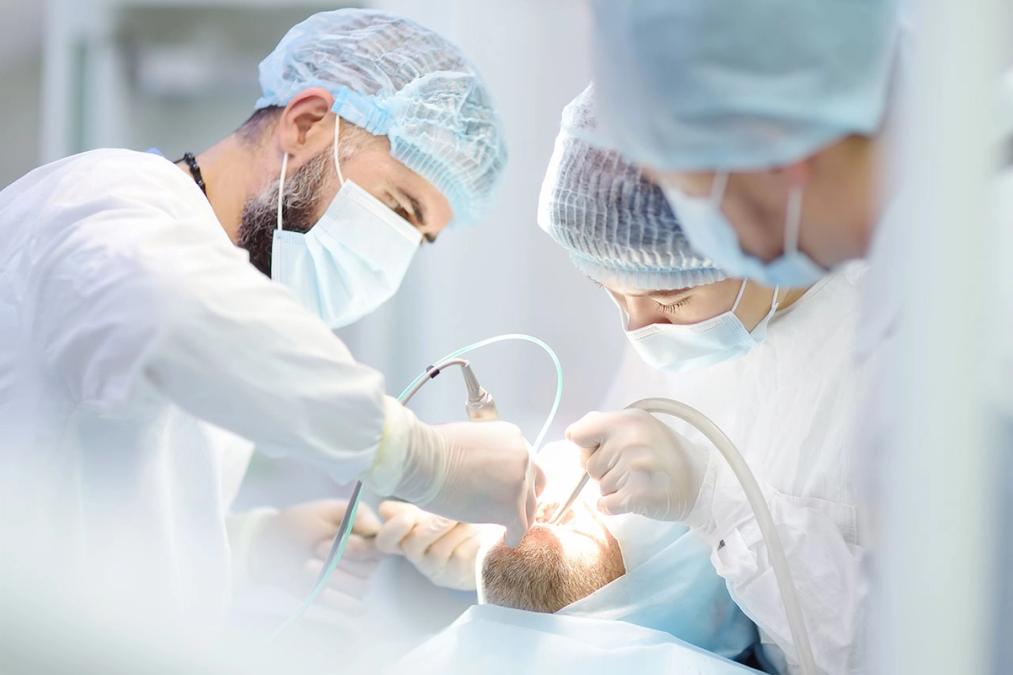
Call Now
509-492-2051
Published on May 9, 2025 | 7 minute read

The sharp zing of tooth pain while enjoying your favorite ice cream. The panic when you chip a tooth on an unexpectedly hard piece of candy. That moment of dread when you realize your crown has come loose during dinner. Dental emergencies rarely happen at convenient times—they often strike suddenly, leaving us searching for immediate solutions while managing pain and worry. While nothing replaces professional care, knowing how to handle the first critical moments of a dental emergency can make a significant difference in the outcome. Whether you're at home, work, or on vacation, these emergency dental quick tips from Smart Dental in Richland, Washington can help you navigate the unexpected.
Before discussing solutions, it's important to identify what constitutes a dental emergency. Some situations require immediate professional attention, while others can be temporarily managed at home until you can schedule an appointment.
Urgent dental emergencies include:
Less urgent situations that still require timely care include:
When dental emergencies strike, taking appropriate action before reaching the dentist can help minimize damage and discomfort. Here are specific steps to take for common emergencies:
Time is critical—a knocked-out tooth has the best chance of being saved if you see a dentist within 30-60 minutes.
Being prepared can help you handle dental emergencies more effectively. Consider keeping a dental emergency kit at home and when traveling with these essential items:
Many dental emergencies can be prevented with regular professional care. According to the American Dental Association, routine dental visits allow for early detection of potential problems before they become painful emergencies.
Research published in the Journal of Dental Research indicates that patients who maintain regular six-month check-ups experience:
Additionally, a study in the International Journal of Dentistry found that patients who receive regular professional cleanings and examinations save an average of 40% on dental costs over five years compared to those who only seek emergency care.
While these quick tips can help you manage the immediate situation, they're not substitutes for professional dental care. Contact Smart Dental immediately at 509-492-2051 if you experience:
Smart Dental in Richland provides emergency dental services and will offer guidance on whether you need to be seen immediately or if your situation can wait until the next available appointment.
Dental emergencies can be stressful and uncomfortable, but knowing how to respond can make all the difference. Keep these quick tips handy, assemble your dental emergency kit, and program Smart Dental's number (509-492-2051) into your phone. While these measures provide valuable first aid, remember that they're temporary solutions until you can receive professional care.
The best strategy for dealing with dental emergencies is prevention through regular check-ups and good oral hygiene. By maintaining routine visits